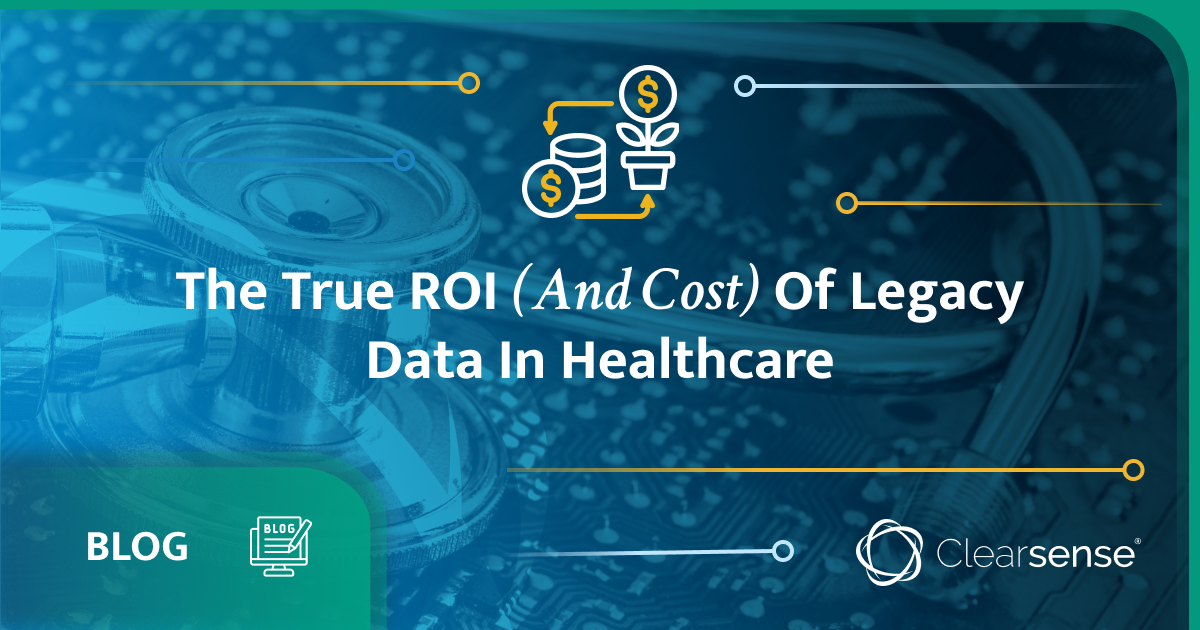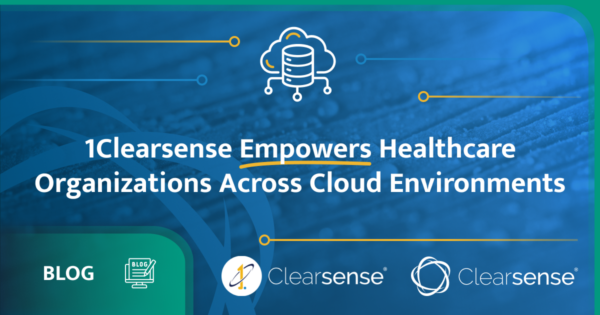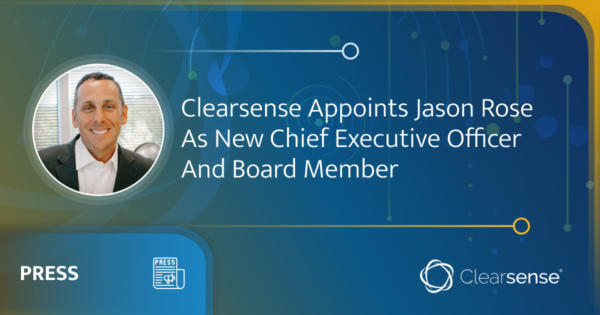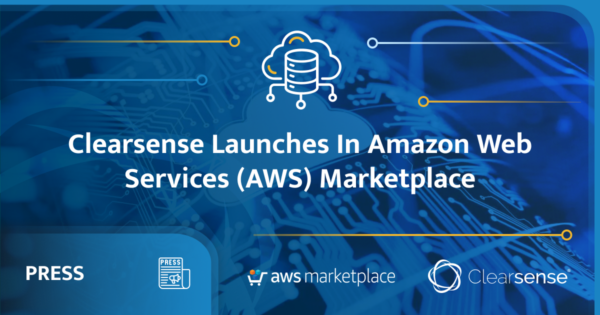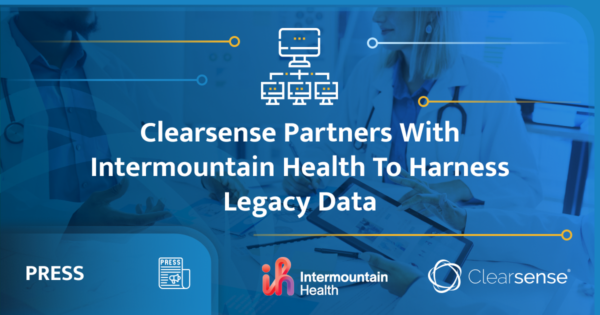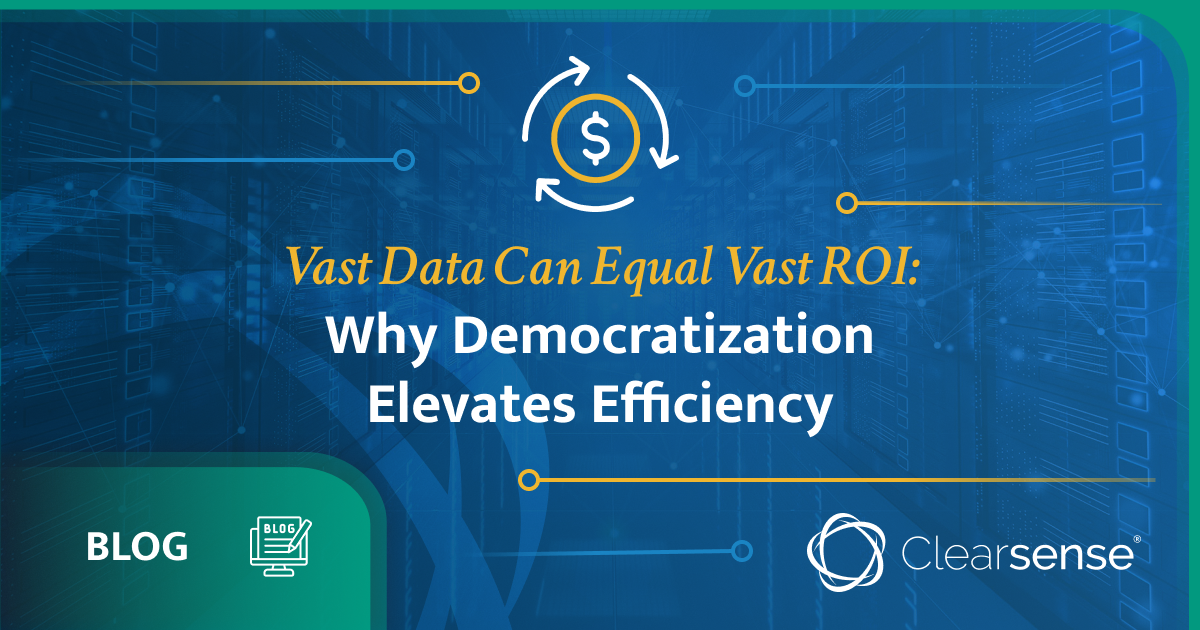
Healthcare organizations generate vast amounts of data on a daily basis, from patient medical records to financial data and research findings. However, much of this data is siloed in legacy systems, difficult to access, or not shared across departments, making it challenging for healthcare providers to leverage the full value of their data. At Clearsense, we believe that democratizing access to data is crucial for improving patient outcomes and advancing the healthcare industry.

What is Data Democratization?
Data democratization refers to the process of making data more accessible and usable across an organization, regardless of job title or technical expertise. By providing access to data, insights, and analytics tools, healthcare providers can empower their teams to make informed decisions, improve patient care, and drive innovation.
The Importance of Data Democratization in Healthcare
- Improved Patient Outcomes: Access to data is essential for healthcare providers to make informed decisions about patient care. With democratized access to data, clinicians can identify patterns and trends in patient data, enabling them to make more accurate diagnoses and develop more effective treatment plans. In addition, healthcare providers can use data analytics tools to identify high-risk patients and provide proactive care, improving patient outcomes and reducing the cost of care.
- Faster Time to Insights: Traditionally, accessing data in healthcare has been a time-consuming and complex process. With data democratization, healthcare providers can access data in real-time, enabling them to make faster decisions and respond more quickly to changes in patient care. In addition, healthcare providers can use data analytics tools to identify trends and patterns in data, providing insights that can be used to drive innovation and improve the quality of care.
- Better Data Governance: Data democratization can also improve data governance in healthcare. By providing access to data and analytics tools, healthcare providers can establish a culture of data-driven decision-making, enabling teams to collaborate more effectively and improve data quality. In addition, healthcare providers can use data governance tools to manage data access, protect patient privacy, and ensure compliance with regulations.
Recommended Content
Statistics on the Importance of Data Democratization in Healthcare
According to a report by McKinsey & Company, healthcare organizations that prioritize data democratization are 1.5 times more likely to report revenue growth and 2.3 times more likely to report profitability growth compared to organizations that do not prioritize data democratization.
A survey by HIMSS found that 64% of healthcare professionals believe that access to data is essential for improving patient care, while 60% of healthcare professionals believe that data analytics tools are essential for driving innovation in healthcare.
According to a report by Health Catalyst, healthcare organizations that prioritize data democratization are 3.4 times more likely to achieve successful outcomes in population health management compared to organizations that do not prioritize data democratization.
At Clearsense, we believe that democratizing access to data is essential for improving patient outcomes, driving innovation, and advancing the healthcare industry. By providing access to data and analytics tools, healthcare providers can improve decision-making, reduce costs, and ensure compliance with regulations. As such, it is crucial for healthcare providers to work with experienced data management and analytics partners, like Clearsense, to develop and implement effective data democratization strategies.

